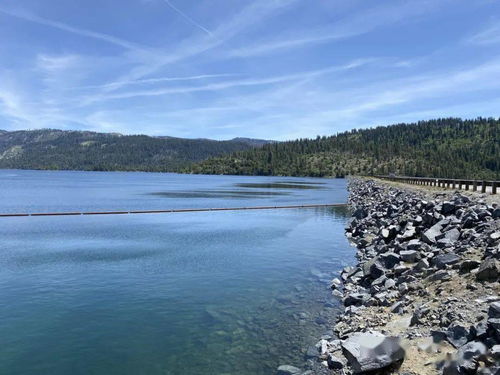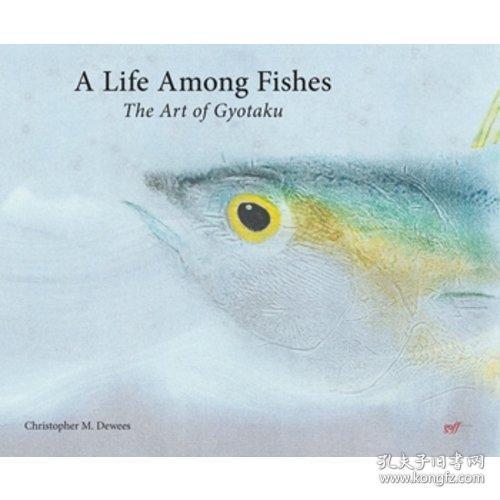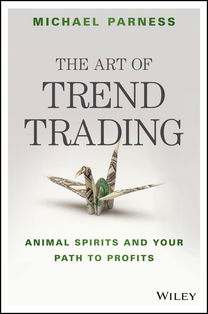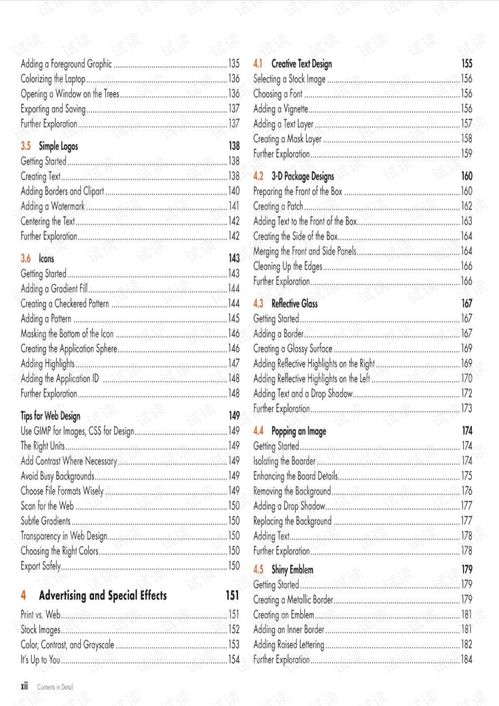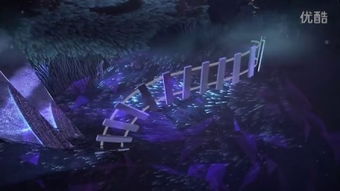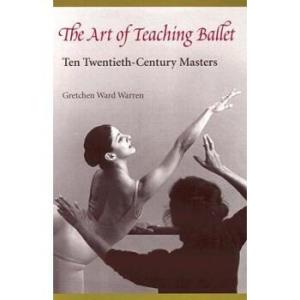Content:
Fishing is an ancient and beloved pastime that offers relaxation, connection with nature, and the thrill of the catch. Whether you're a beginner looking to cast your line for the first time or an experienced angler seeking to refine your skills, finding the right instructor and learning the proper techniques can make all the difference. Here's a comprehensive guide on how to find someone to teach you the art of fishing and the methods you can use to enhance your fishing experience.
Finding a Fishing Instructor
Local Angling Clubs and Associations:
- Join local angling clubs or associations. These organizations often have members who are passionate about fishing and willing to share their knowledge.
- Attend club meetings or events where you can meet experienced anglers who might be interested in mentoring beginners.
Outdoor Retail Stores:
- Many outdoor retailers offer free or low-cost fishing clinics and workshops.
- Ask the staff at these stores for recommendations on skilled instructors or local fishing guides.
Online Forums and Social Media:
- Join online fishing forums and social media groups where you can ask for recommendations on fishing instructors.
- Look for local fishing groups on platforms like Facebook or Meetup.
Local Parks and Rec Departments:
- Check with your local parks and recreation department for fishing classes or workshops.
- These departments often have partnerships with local fishing guides or instructors.
Fishing Magazines and Websites:
- Read fishing magazines and visit websites that feature fishing tips and guides.
- Often, you can find articles about top fishing instructors and how to contact them.
Methods to Learn Fishing Techniques
One-on-One Lessons:
- Arrange for a private lesson with an experienced angler.
- This allows for personalized attention and tailored instruction to your specific needs.
Group Workshops:
- Attend group workshops or clinics where you can learn alongside others.
- This can be a great way to learn from different perspectives and build a community of fellow anglers.
Online Tutorials and Videos:
- Utilize the vast resources available online, including YouTube tutorials, fishing websites, and educational videos.
- These resources can provide step-by-step guidance on various fishing techniques.
Reading Books and Guides:
- Invest in books and guides that cover the basics of fishing and specific techniques.
- Look for books that are well-reviewed and written by reputable fishing experts.
Practice and Patience:
- Remember that fishing is a skill that requires practice and patience.
- Spend time on the water, even if you're not catching fish, to improve your casting, knot-tying, and other techniques.
Join a Mentorship Program:
Some organizations offer mentorship programs where you can be paired with an experienced angler for regular guidance and support.
Tips for Effective Learning
Be Open to Learning:
Approach each lesson with an open mind and a willingness to learn from both successes and failures.
Ask Questions:
Don't hesitate to ask questions during your lessons. The more you understand, the better you'll be able to apply the techniques.
Stay Safe:
Always prioritize safety, especially when handling fishing equipment and being near water.
Stay Informed:
Keep up with local fishing regulations and conditions to ensure you're prepared for your outings.
Enjoy the Experience:

Remember that fishing is about the experience and the connection with nature. Enjoy the process and the time spent on the water.
By following these steps and methods, you'll be well on your way to finding a skilled fishing instructor and mastering the art of fishing. Whether you're after the tranquility of a solo fishing trip or the camaraderie of a group outing, the skills you learn will enrich your time on the water and create memories that last a lifetime. Happy fishing!

